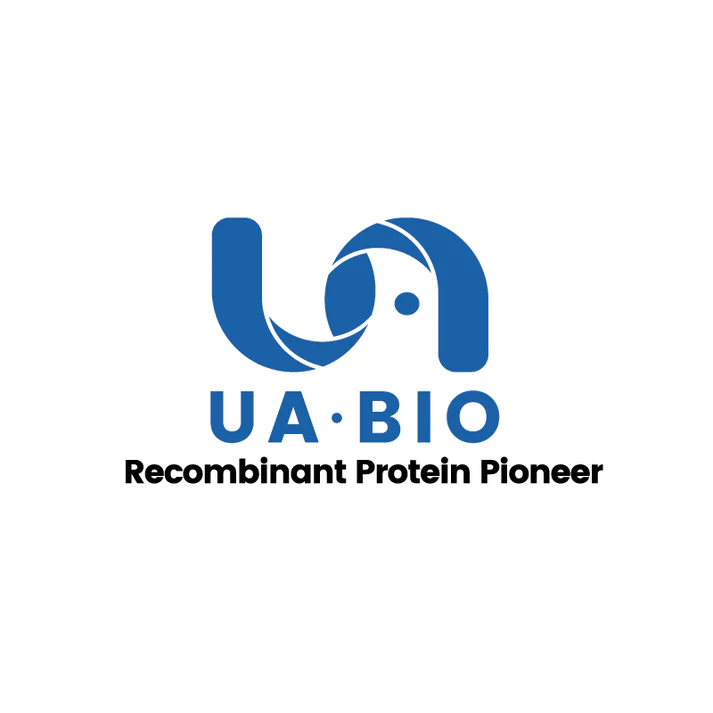Measured in a cell proliferation assay using TF-1 human erythroleukemic cells. The EC50 for this effect is less than 5ng/ml.
Product Details
Product Details
Product Specification
| Species | Rat |
| Synonyms | Interleukin-11; IL-11; |
| Accession | Q99MF5 |
| Amino Acid Sequence | Pro22-Leu199 |
| Expression System | E.coli |
| Molecular Weight | 21 kDa (Reducing) |
| Purity | >95% by SDS-PAGE and HPLC. |
| Endotoxin | <0.1EU/μg |
| Conjugation | Unconjugated |
| Tag | No Tag |
| Physical Appearance | Lyophilized Powder |
| Storage Buffer | 20mM Tris, 300mM NaCl, pH8.0 |
| Reconstitution | Reconstitute at 0.1-1 mg/ml according to the size in ultrapure water after rapid centrifugation. |
| Stability & Storage | ·12 months from date of receipt, lyophilized powder stored at -20 to -80℃. |
| Reference | Cancer Cell. 2013 Aug 12;24(2):257-71. |
Background
Interleukin-11 (IL-11) is a cytokine belonging to the IL-6 family that plays a crucial role in various physiological processes, including hematopoiesis, bone metabolism, and gastrointestinal mucosal protection. In rats, IL-11 is primarily produced by stromal cells in the bone marrow and other cell types, such as fibroblasts and endothelial cells. IL-11 exerts its biological effects by binding to the IL-11 receptor complex, which consists of IL-11Rα and gp130 subunits, leading to the activation of signaling pathways such as the JAK-STAT pathway. IL-11 has been shown to promote the growth and differentiation of hematopoietic progenitor cells, stimulate platelet production, and enhance bone formation. Additionally, IL-11 has anti-inflammatory properties and is being investigated for its potential therapeutic applications in conditions such as osteoporosis and inflammatory bowel disease.
Picture
Picture
Bioactivity
SDS-PAGE
2μg (R: reducing condition, N: non-reducing condition).
RP-HPLC
>95% as determined by RP-HPLC.


